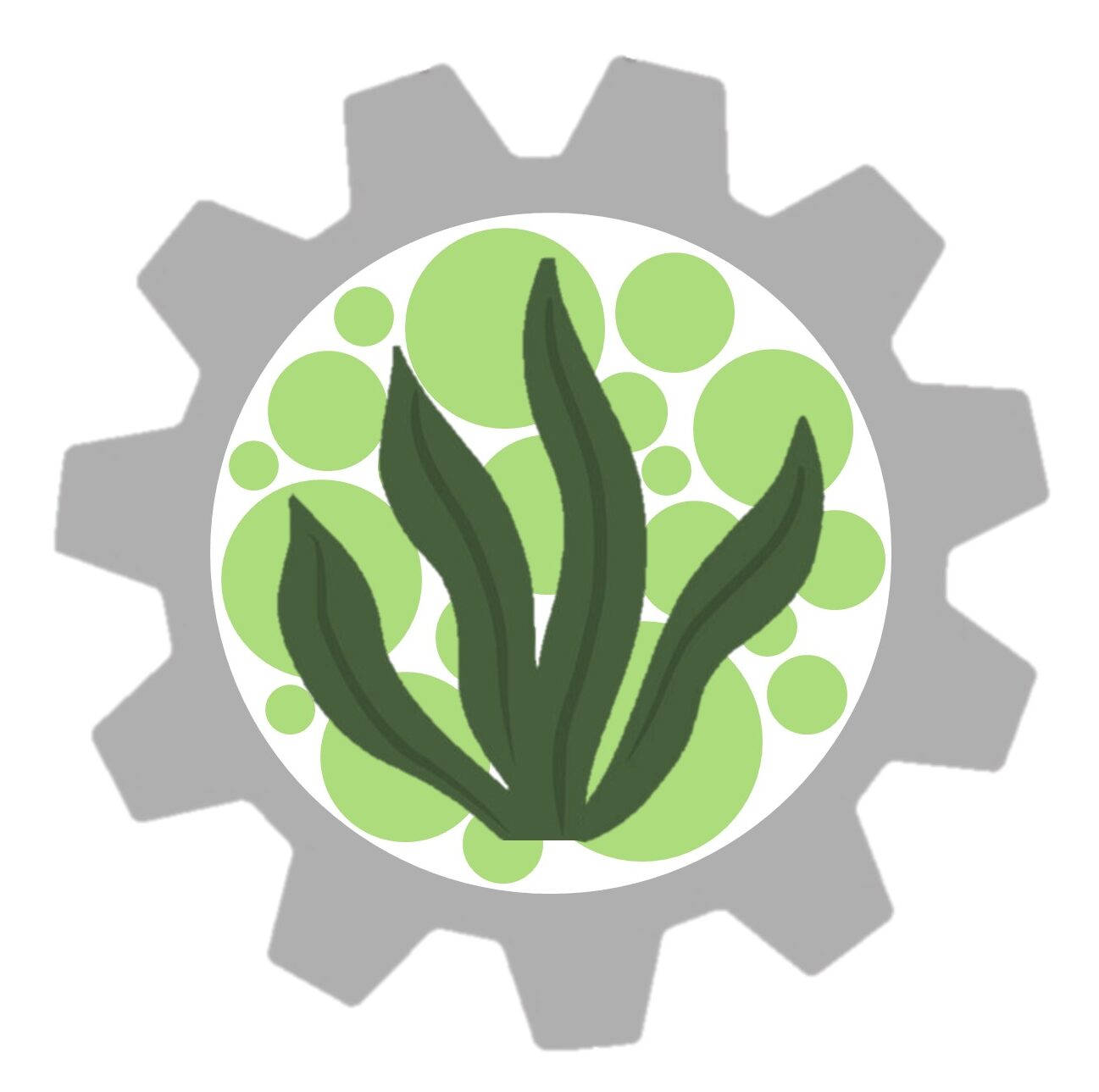Research Projects
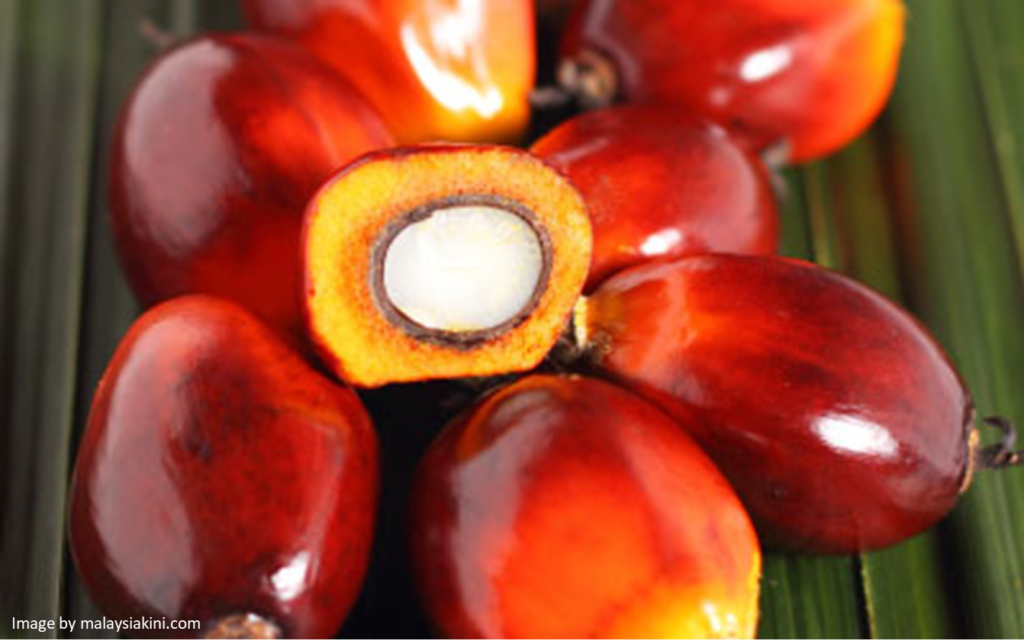
Valorization of palm oil waste
The palm oil mill effluent is a rich source of valuable nutrients which makes it an excellent alternative medium for cultivating microalgae. The availability of the wastewater source will provide a sustainable approach for cultivation medium and wastewater bioremediation.
Our research aims to focus on the potential utilization of palm oil waste such as POME with microalgae upstream processing to produce biofuel and bioproducts.

Functional enzymes extraction
Serine proteases can be found in microalgae and are responsible for coordinating various physiological functions, especially in digestion, blood coagulation and immune response. The use of proteases from algae-derived sources is a prospective solution for creating therapeutic that can boost the immunity against covid-19.
Our research aims to recover proteasome inhibitors from blue-green microalgae using liquid-liquid bioseparation tools
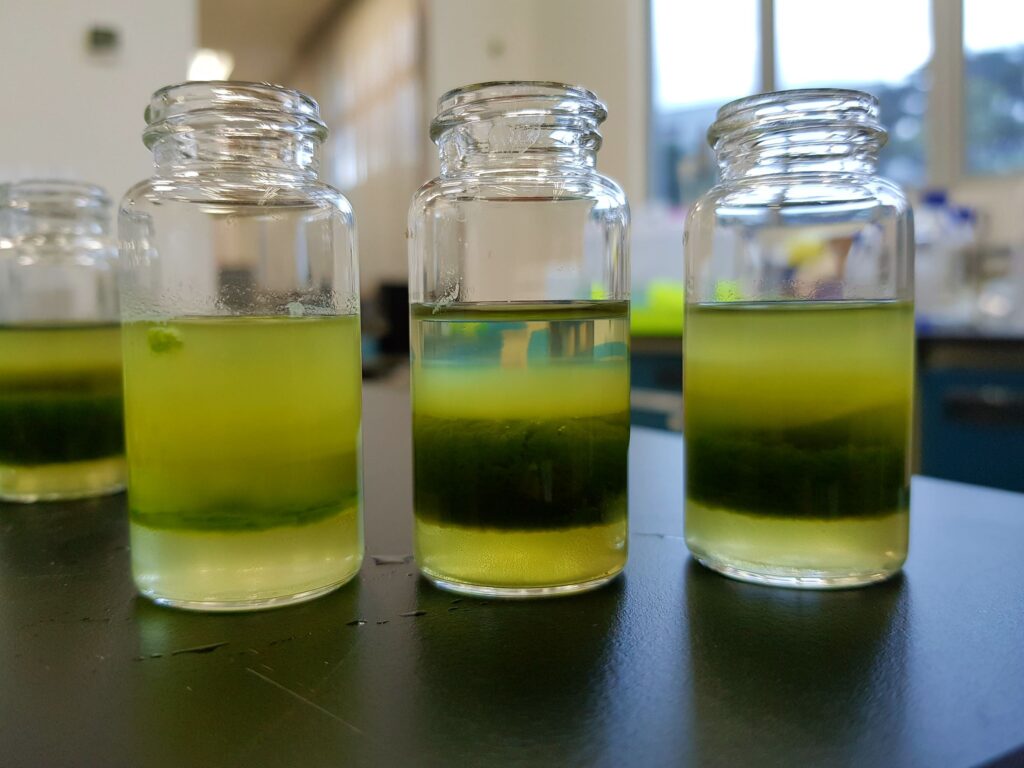
Biomolecules purification
The process of extracting biologically important proteins in an efficient manner is vital in the biochemistry field. The separation and purification processes for protein and pigment production often account for a major proportion of the total production cost.
Our research aims to develop a rapid and cost effective method for the purification and recovery of biomolecules for subsequent application through liquid bioseparation processes.
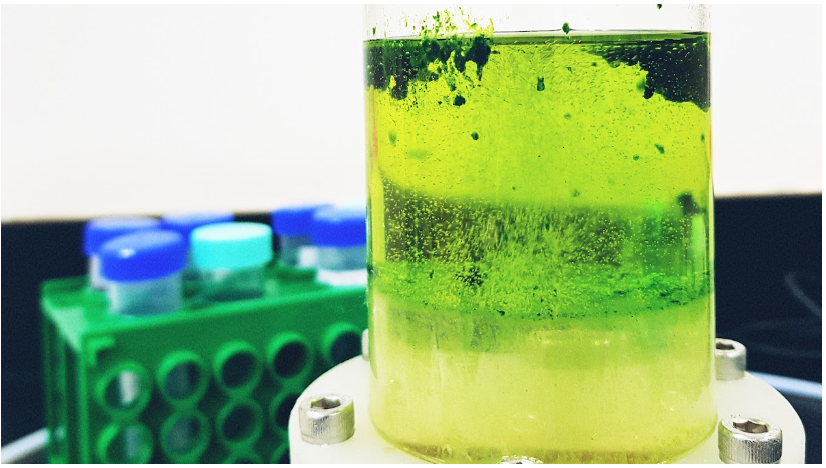
Integrated triphasic partitioning
The cell disruption step of microalgae corresponds to a large proportion of the overall process cost and can aid in obtaining higher biomolecules extraction efficiency.
Our research aims to integrate potential pretreatment techniques such as microwave, ultrasound, electrolysis and shearing within the multiphase partitioning systems to enhance the yield and purity of desired biomolecules.
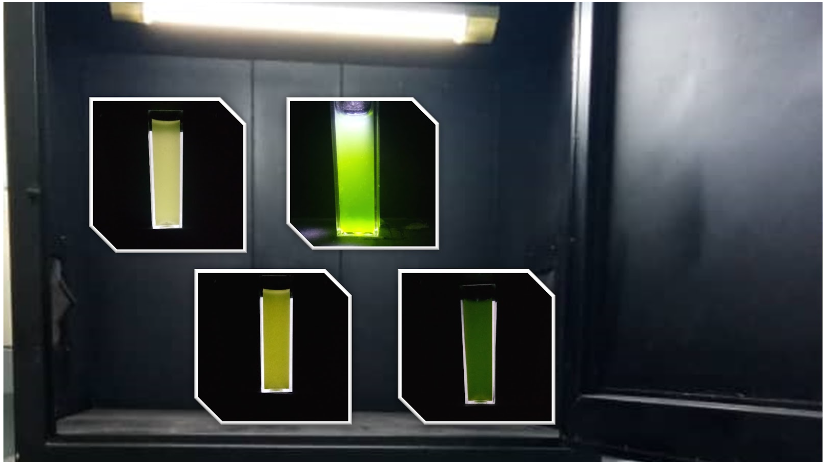
Artificial intelligence detection
The monitoring of microalgae growth requires analytical techniques such as UV-vis spectrophotometer which are time consuming. Mass cultivation of microalgae requires the adaptation of automated operations based on visual instructions in modern manufacturing. Visual-based technologies and modern machine vision and imaging systems will bring the processes towards factory digitalization.
Our research aims to develop a colour model for the rapid detection and quantification of biomolecules through artificial intelligence and sensors placement within the cultivation system.
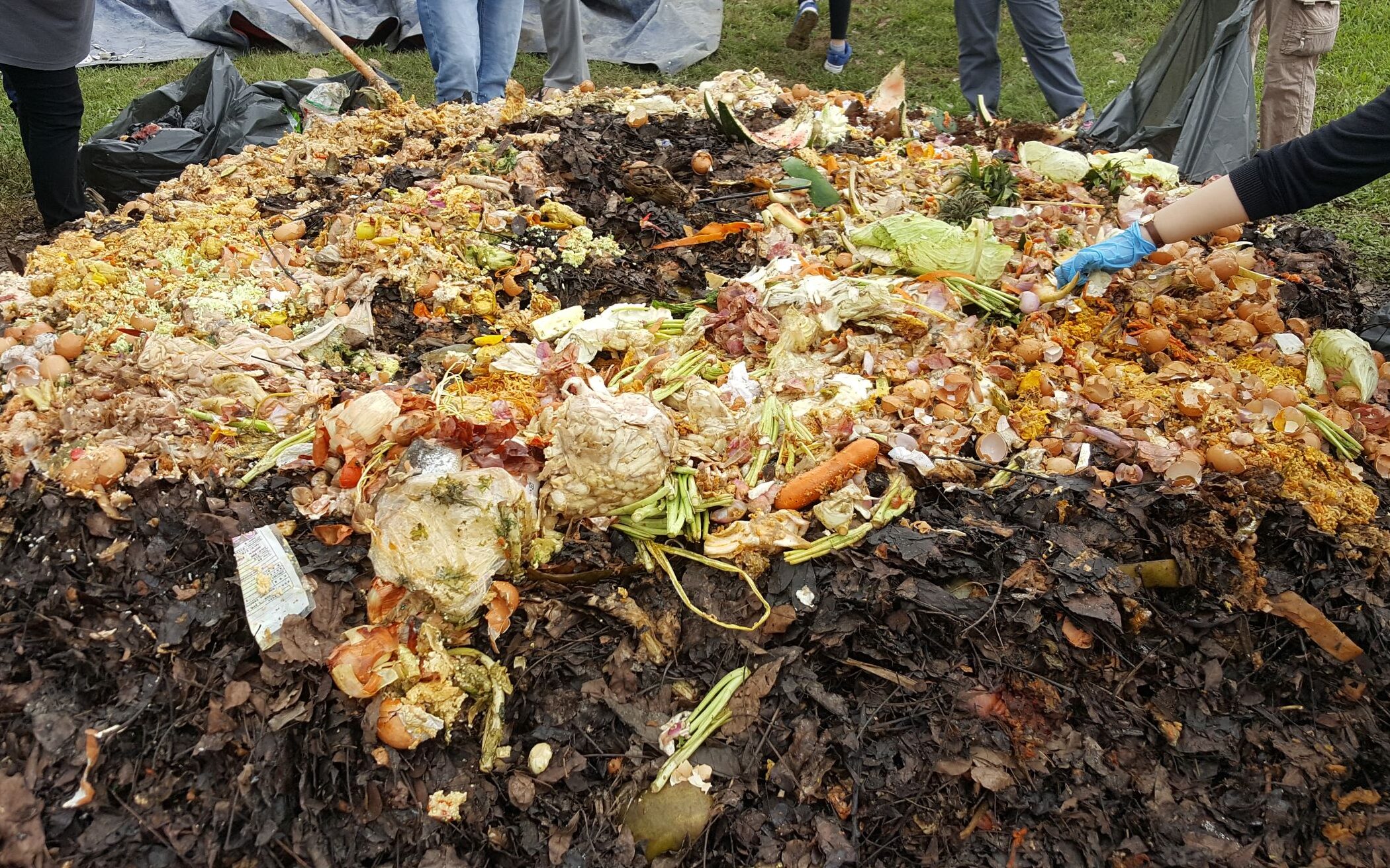
Food waste management
Over one billion tonnes of food wastes are produced every year and these food wastes either require treatments or are disposed in landfills. The transformation of food waste into value-added products through
biological means such as composting is an environmental friendly method for effective organic waste management.
Our research aims to valorize food waste for organic amendment and nutrient source generation in cultivating microalgae for improved composition and biomass productivity.
